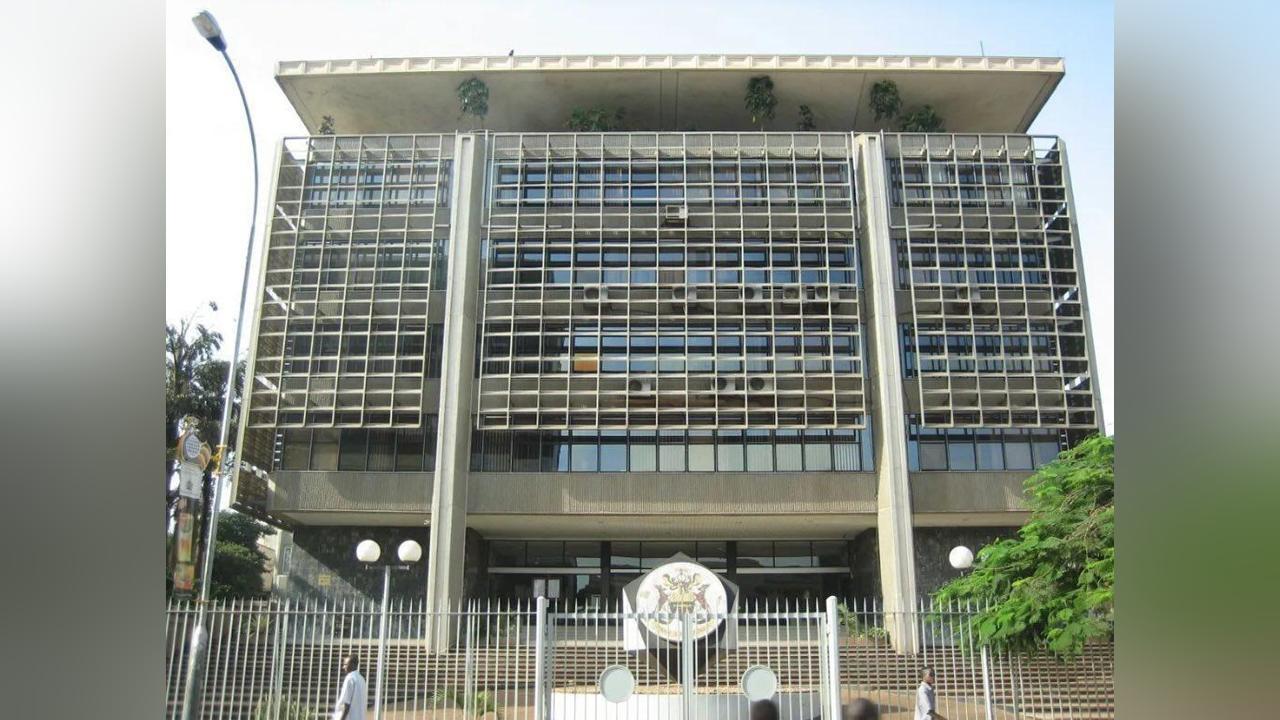Africa-Press – Uganda. In a global financial climate increasingly shaped by Artificial Intelligence (AI) euphoria, volatile stock markets, and shifting monetary policies, the Bank of Uganda (BoU) has chosen a path of measured stability.
The Central Bank Rate (CBR) remains at 9.75 percent, a level maintained for the fifth consecutive monetary policy meeting. While major economies debate inflation spikes and the impact of AI-driven asset bubbles, BoU is signaling confidence in the resilience of Uganda’s economy.
In its November briefing, BoU stated that the decision to hold the CBR “demonstrates confidence in the improving economic outlook.” The central bank highlighted an economic environment that, despite global shocks, continues to show strength and resilience.
BoU’s primary focus remains on maintaining inflation below 5 percent, supporting sustainable growth, and avoiding policy decisions that could destabilize the economy.
Over the past year, headline inflation averaged 3.6 percent, while core inflation stood at 3.9 percent, both well within the central bank’s target range. Lower energy prices, a stronger shilling, and disciplined monetary policy have kept price pressures in check. BoU expects inflation to remain between 4 and 4.5 percent in the near term.
Uganda’s growth trajectory has also strengthened BoU’s position. The economy expanded by 6.7 percent in the first quarter of 2024/25, driven by a rebound in industry and sustained momentum in agriculture and services.
Full-year growth reached 6.3 percent, supported by robust household spending and private sector investment. BoU projects growth of 6.5 to 7 percent in 2025/26, with medium-term growth expected to rise to around 8 percent.
Reflecting these positive developments, Standard & Poor’s (S&P) recently upgraded Uganda’s outlook from “stable” to “positive”, citing strengthening economic fundamentals and improved prospects.
Despite domestic strength, BoU remains mindful of external risks. Rising global trade tensions, particularly between major economies, could feed into domestic inflation through imported price pressures.
BoU Governor Michael Atingi-Ego previously warned that new tariffs or trade barriers could force Uganda to adjust monetary policy to contain inflation.
Global market dynamics continue to pose challenges. Uncertainty over the US fiscal deficit, the Federal Reserve’s cautious stance during periods of data disruption, and AI-driven volatility in US technology stocks all create potential spillovers for emerging markets like Uganda.
Analysts note that while a correction in US equities could redirect investment toward undervalued African markets, Uganda’s domestic capital markets—largely dominated by institutional investors—remain relatively insulated from global swings.
BoU’s strategy reflects a careful balancing act: keeping interest rates at levels that protect the economy from potential global shocks, while avoiding measures that could dampen domestic growth.
Uganda’s foreign-exchange reserves now stand at Shs 19.65 trillion (USD 5.4 billion), representing nearly four months of import cover, providing further confidence in the country’s external position.
BoU is also laying the groundwork for a gold-purchase programme, aimed at diversifying reserve assets over the long term. Though still in the preparatory stage, the initiative signals the central bank’s forward-looking approach to building resilience against global uncertainties.
As AI continues to reshape global financial markets and geopolitical tensions rise, Uganda is choosing a policy of consistency over reactionary measures.
BoU’s steady approach, rooted in low inflation, strong growth, and disciplined monetary management, provides a stabilizing influence in an increasingly unpredictable global environment.
Source: Nilepost News
For More News And Analysis About Uganda Follow Africa-Press






